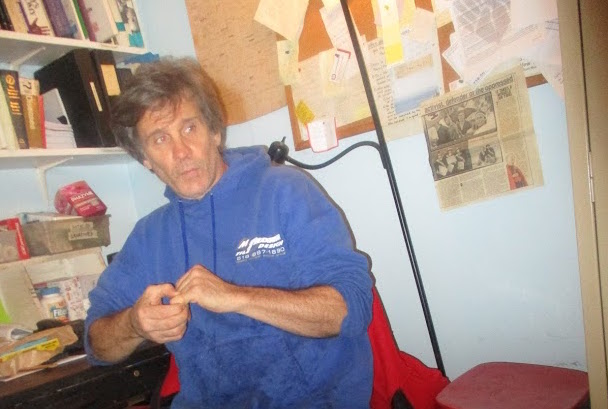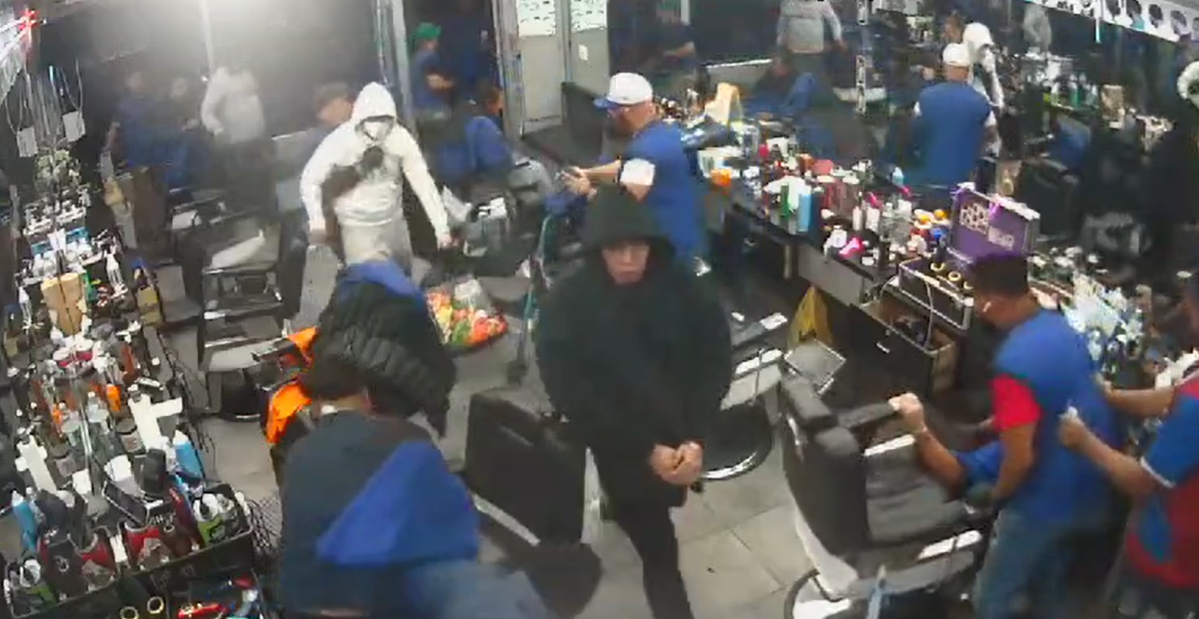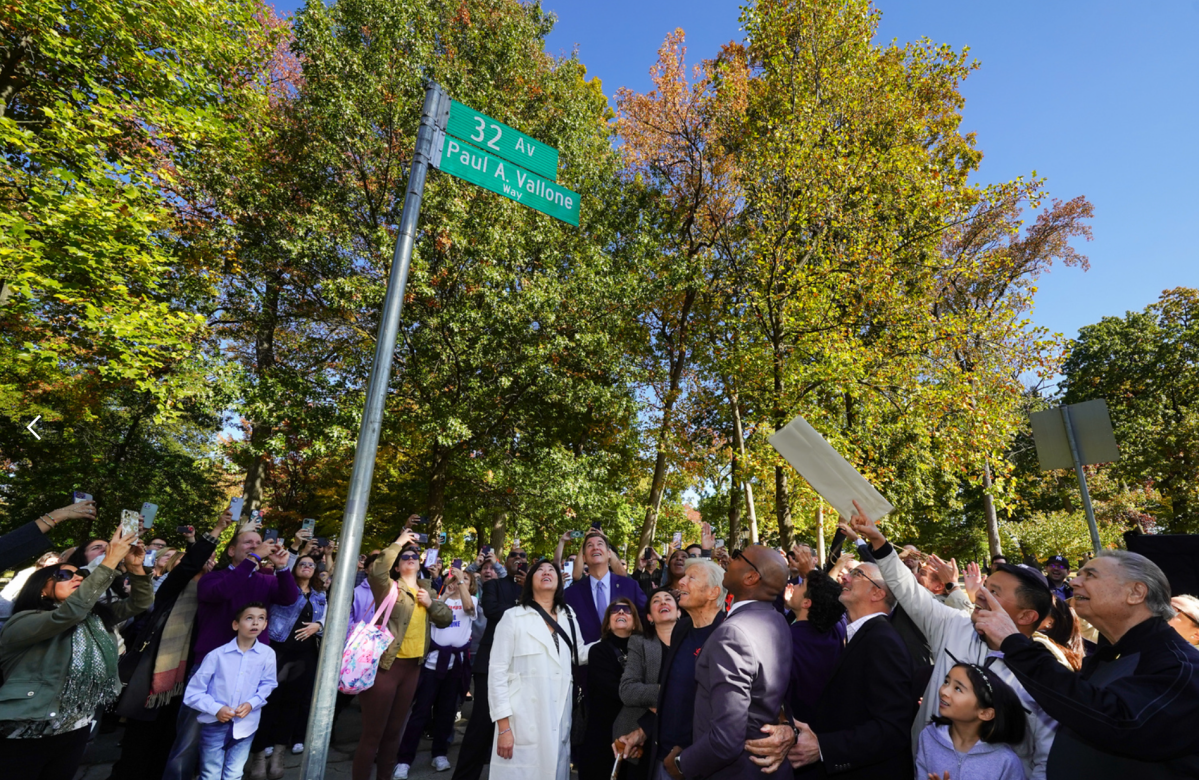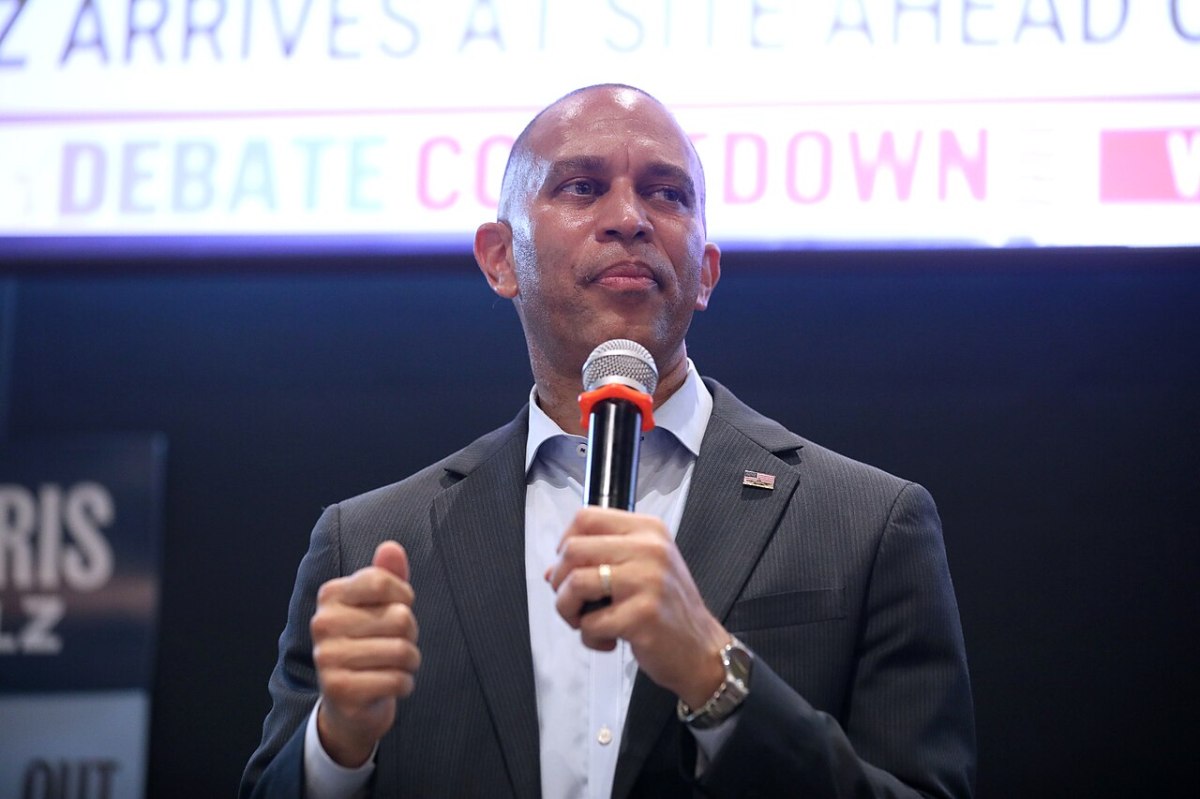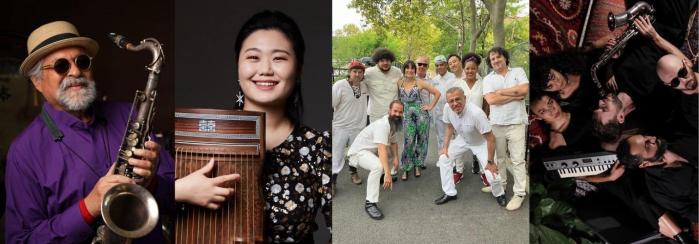BY MARY REINHOLZ | It’s not every day that I get a chance to interview a devout man of faith and derring-do whose religiously inspired activism has put him under house arrest at an East Village soup kitchen and men’s shelter run by Catholic Worker volunteers. However, I did just that when I recently sat down with Carmen Trotta, indicted last spring after an anti-nuke protest in the deep South.
There, inside the Catholic Worker’s fifth-floor walk-up building on E. First St., his longtime residence, Trotta, 56, wears an ankle monitor and awaits trial out of state. The reason why? Trotta joined six elderly pacifists who, on April 4, broke into the Kings Bay Naval Submarine Base in Georgia under cover of darkness to mark the 50th anniversary of Martin Luther King’s assassination. They splattered blood on government property to protest the anti-ballistic nuclear missiles stored inside the port’s Trident submarines, calling them illegal, immoral and an existential threat to the planet.
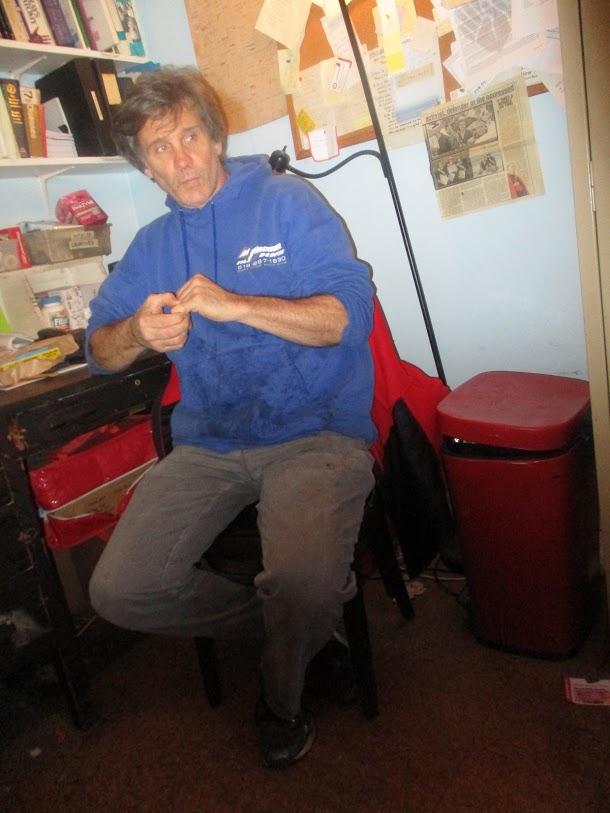
“We went to the scene of the crime,” Trotta told me. He was referring to his Catholic comrades in the radical Plowshares movement who carried bolt cutters, hammers, crime-scene tape, vials of human blood and their own indictment of nuclear weapons. “These weapons are illegal,” he insisted. “If they’re not illegal, then there is no law.”
It took naval officers more than two hours to discover the seven protesters, according to early news reports. A base spokesperson, Scott Bassett, flat-out refused to answer my questions on what appeared to be a major breach of security at Kings Bay.
I reminded Trotta that he had broken laws to get inside a 1,700-acre base of the Atlantic Fleet, which has at least six subs that contain missiles with nuclear warheads capable of delivering far more firepower than the U.S. bomb dropped on Hiroshima.
“Is it a crime to to break into somebody’s house if it’s burning?” he responded.
In the wake of his April 5 arrest, for which he pleaded not guilty, Trotta — who was named Carmen after his immigrant Italian grandfather — spent about 50 days in a Georgia county jail. He was then released on $1,000 bond. He told me he now faces the possibility of up to 20 years in federal prison.
A court date for his jury trial has yet to be scheduled, so he continues to cook meals for hungry people who come to St. Joseph House (“St. Joe’s”) from all over the city.
A sturdily built bachelor described as “angelic” by criminal defense lawyer Ron Kuby, who once represented him years ago, Trotta also remains politically active.
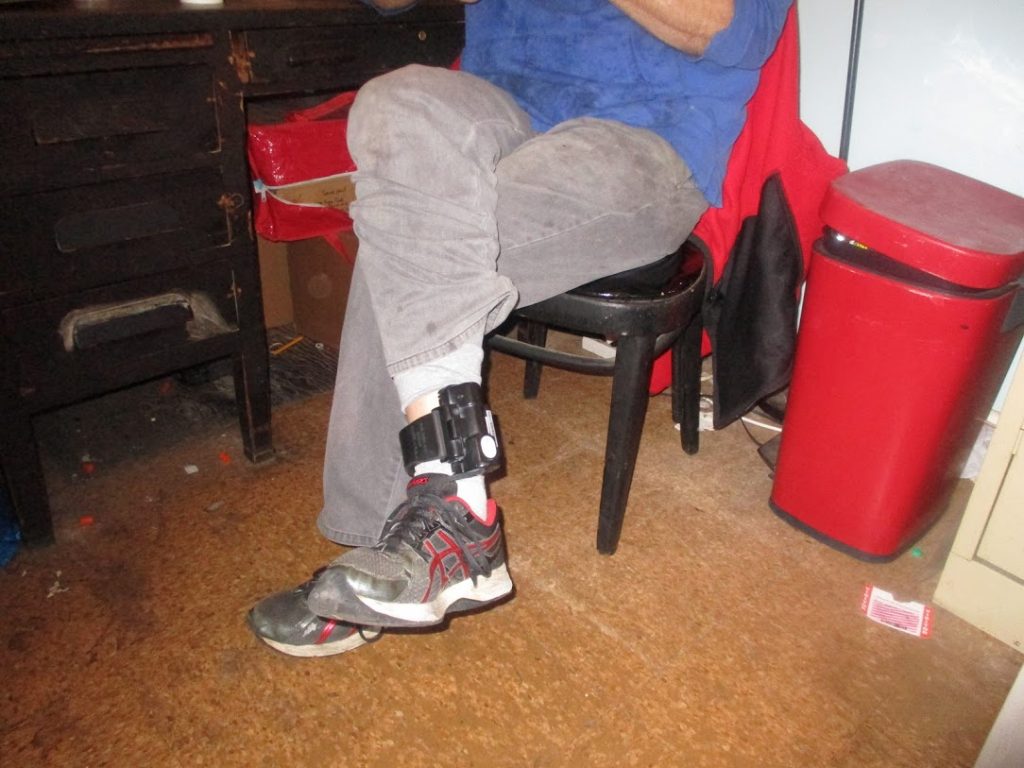
He’s an associate editor for the Catholic Worker newspaper and a member of the executive board of the War Resisters League. Since 2009, he has divided his time between St. Joe’s, where he helps feed hungry people from all over the city, and Long Island, where he looks after his 91-year-old widowed father.
Trotta’s life changed dramatically when he and his co-defendants were hit with an indictment for alleged criminal conduct at Kings Bay. Among the others are Martha Hennessy, 63, a granddaughter of the late Dorothy Day, co-founder of the Christian anarchist Catholic Worker movement, which is committed to fostering peace and social justice. Day is being considered for sainthood by the Catholic Church.
The aging protesters are being called the Kings Bay Plowshares Seven. They were charged with three felonies, including conspiracy to commit damage on federal property and one misdemeanor for trespassing.
Trotta said their intent was to stage a nonviolent and “symbolic disarmament” of the Trident submarines.
“We wanted to address the single most-lethal weapons on earth,” he said. “A single Trident submarine, if it’s blasted off, with all it has inside of itself, could drastically change life as we know it on this planet.”
Trotta’s protest at Kings Bay was his first “non-Gandhian” action under the aegis of Plowshares. A controversial movement, Plowshares takes its name from the biblical prophecy of Isaiah, who called on nations to “beat their swords into plowshares.” There have been about 100 raids of nuclear sites since the group’s founding in 1980 by the famed Jesuit priest Daniel Berrigan and his brother Philip Berrigan.
During a hearing on the case in U.S. District Court in Brunswick, Ga., federal prosecutor Karl Knoche claimed that the movement has created a “cottage industry” for activists seeking to denuclearize the U.S.
“I believe that they think they are trying to prevent the end of the world,” countered Bill Quigley. A prominent civil-rights lawyer and professor at Loyola Law School in New Orleans, Quigley is one of a group of pro bono attorneys representing the Plowshares defendants. He views them as part of a long tradition of civil disobedience by people “willing to risk arrest and prison” for their beliefs.
On Jan. 16, Quigley filed a brief in Georgia’s Southern District Court for dismissal of the charges against the Plowshares defendants. His argument was based on provisions of a little-known federal law called the Religious Freedom Revival Act of 1993.
As for Trotta, who had no prior felonies from his more than 30 arrests over decades of activism, Quigley believes that “realistically” he could spend a year behind bars.
Trotta is not that optimistic.
“I’m preparing for five years,” he said. “A long time.”
This reporter hopes he gets lucky.



